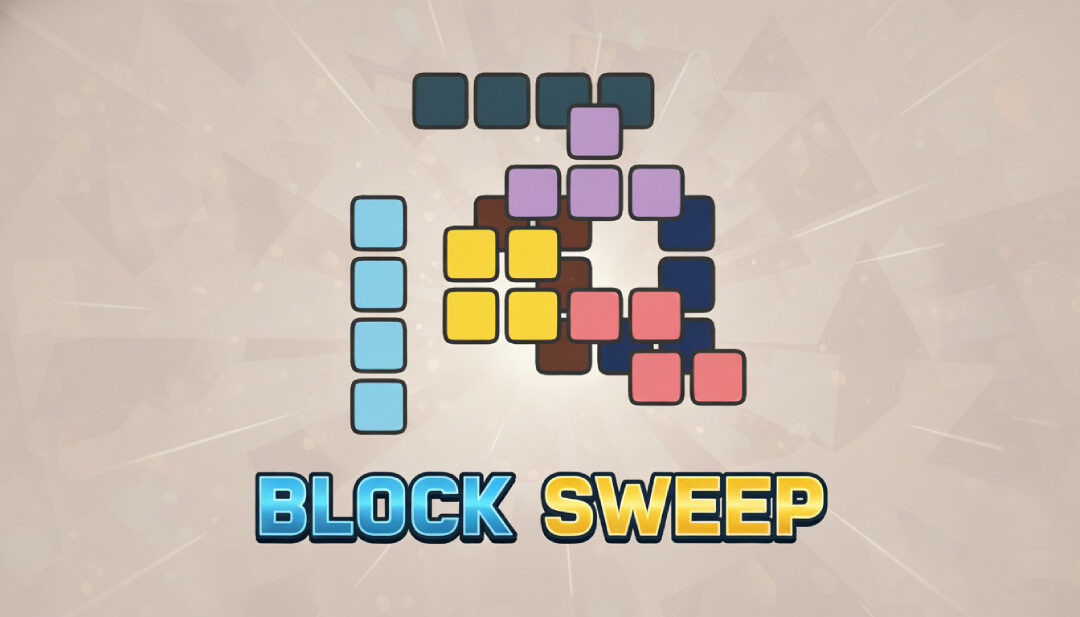from the clown-innovation dept
It’s not every day you watch a company faceplant so theatrically in public, but Cloud Innovation’s latest stunt deserves a slow clap. Cloud Innovation, which you’d probably never heard of unless you’re neck-deep in African IP registry battles (stay tuned), just managed to make a legal play whose end result should be calling a lot more attention on its own legal actions and threats.
The move? They sent a cease and desist letter to Joe Hall—demanding Hall delete a tweet. Not a tweet where he said anything defamatory. Not a tweet where he made false claims. Indeed, not a tweet where he said anything at all. Just… a tweet with a link. Literally, a URL to a Medium article discussing the AfriNIC saga, in which Cloud Innovation is a central player.
That’s the entire complaint: someone shared a link.

The letter, signed illegibly by someone calling themselves “Legal Counsel,” gives Hall 24 hours to remove his tweet sharing Emmanuel Vitus’s Medium article “AfriNIC: Hope, Hijack, and the Harsh Lessons of African Multistakeholderism” or face a lawsuit for “defamation, unlawful publication and dissemination of defamatory article.”
So, of course: you should go read that article. Cloud Innovation seems desperate for you not to. It’s also both a fascinating and depressing deep dive into what happened with AfriNIC—something I never would have learned about if Cloud Innovation hadn’t been so hellbent on making sure I never saw it.
Still let’s pause here to appreciate the legal theory being advanced by Cloud Innovation: that sharing a link to an article someone else wrote makes you liable for defamation. This is roughly equivalent to claiming that the person who hands you a newspaper is responsible for everything printed inside it.
The Backstory: AfriNIC’s Institutional Collapse
The article Hall shared tells a genuinely important story about AfriNIC, the African Network Information Centre responsible for distributing IP addresses across the continent. What was once a symbol of African digital sovereignty has been paralyzed by a number of issues, with much of it coming from an aggressive legal campaign from Cloud Innovation, which has filed dozens of lawsuits to block the registry’s governance and operations.
Among many other things, the piece details how Cloud Innovation obtained control of millions of IPv4 addresses—worth potentially hundreds of millions of dollars—and those IP addresses appeared to be “redirected to data centers abroad,” rather than used in Africa. When AfriNIC tried to audit and potentially reclaim these resources, Cloud Innovation responded with a legal blitz that has effectively shut down the institution.
More than fifty legal cases were filed in rapid succession. Some were emergency applications. Others aimed to freeze bank accounts, block board meetings, suspend elections, or issue restraining orders against AfriNIC’s leadership. The goal was not just to defend a legal position. It was to paralyze the registry entirely.
And it worked. As AfriNIC tried to clean up its records and assert control, it faced a coordinated legal pushback. Every step taken by the registry was met with a countermeasure in court. Every attempt at reform was slowed by injunctions. The legal process became a tool of exhaustion.
It’s a story of institutional capture, regulatory failure, and the vulnerability of critical internet infrastructure. Oh, and abuses of the legal system. In other words, exactly the kind of story that deserves widespread attention and discussion.
And also, exactly the kind of thing Hall, who is a distinguished technologist at the Internet Society, would want to share with his followers.
Enter the Streisand Effect
Which brings us to… well… you know. By trying to suppress discussion of an article that documents their use of aggressive legal tactics to silence critics, they’ve… used aggressive legal tactics to try to silence a critic.
And they didn’t just go after Hall. According to the response letter, “substantially identical letters were sent to other people who posted links to the same article.” Multiple people have reported receiving similar threats just for sharing the link (and, tragically, it appears at least some removed their tweets).
Either way, the end result is that way more attention is likely to go to the underlying story than it would have received otherwise. Before the legal threats, this was a somewhat niche piece about African internet governance. Now it’s a case study in how not to handle public criticism.
And a reason to read the article.
How to Respond to a Censorial Legal Threat
Hall’s response, crafted by lawyer Kendra Albert of Albert Sellars LLP, is a masterclass in how to handle bullshit legal threats. The letter methodically demolishes Cloud Innovation’s claims on multiple grounds:
Section 230 immunity: Hall shared someone else’s content on a platform (ExTwitter). Section 230 explicitly protects users from being treated as publishers of third-party content. Game over.
Fair report privilege: The article reports on actual legal proceedings that Cloud Innovation filed. Accurate reporting on court cases is privileged from defamation claims.
No false statements identified: The cease and desist letter doesn’t point to any specific false statements, let alone prove they’re false.
Public figure standard: Even if the above didn’t apply, under US law, Cloud Innovation would need to prove “actual malice”—that Hall knew the statements were false or showed reckless disregard for their truth.
The SPEECH Act: Even if Cloud Innovation won a defamation judgment in another country, they couldn’t enforce it in the U.S. without meeting American free speech standards.
You can read through the analysis of all of those, but just to whet your appetite, here was the description of the third item in that list:
Even if Dr. Hall was the original author and thus not immunized by Section 230, and even if the fair report privilege did not apply, Cloud Innovation’s claim would fail for a third reason. Under the First Amendment, Cloud Innovation Ltd would need to show that a defamation defendant published an identifiable false statement of fact that harmed its reputation, and that the speaker did so with the requisite level of intent. Cloud Innovation has already admitted that the facts in Mr. Vitus’ article are true, and any statements of opinion cannot be defamatory under U.S. law. Cloud Innovation would also have to identify those statements with specificity. We note that your letter does not identify any particular false statements in Mr. Vitus’s article, let alone any such statements from Dr. Hall.
The response letter notes that “it would be inappropriate for legal counsel to send a demand letter without research, which should have turned up at least one of the five independent reasons why Cloud Innovation has no claim against Dr. Hall.”
It concludes:
We will refrain from providing a count of the reasons why a lawyer from any jurisdiction should know better than to use baseless threats to intimidate a perceived critic.
Ouch.
The Bigger Picture: Standing Up to Censorial Bullies
This case, once again, illustrates why we need more people willing to stand up to legal intimidation, as Hall has done here. The letter he received was clearly designed to shut down discussion through intimidation, not to address any legitimate legal grievance.
The 24-hour deadline. The vague threats. The failure to identify specific false statements. The targeting of multiple people for simply sharing a link. These are all classic signs of a SLAPP attempt—designed to chill speech through the threat of expensive litigation.
And it’s working on some people. As the letter notes, at least one person has already deleted their tweet in response to the threat. That’s exactly what these campaigns are designed to achieve: silence through intimidation.
Of course, now Cloud Innovation’s legal strategy about the story has become part of the story, perhaps the key part of the story. The original article documented how the company used aggressive litigation to paralyze AfriNIC’s governance. Now they’re using similar tactics to try to suppress discussion of that very behavior.
The crazy thing about the Streisand Effect is that it’s so predictable, yet people keep falling for it. It’s like watching someone step on the same rake over and over again, except the rake is “trying to suppress information in the internet age” and the person is “a company that should probably know better.”
So, if you hadn’t checked it out yet, now is a good time to read Vitus’ reporting on AfriNIC.
Filed Under: censorship, defamation, ip addresses, joe hall, linking, slapp
Companies: afrinic, cloud innovation
.png)




